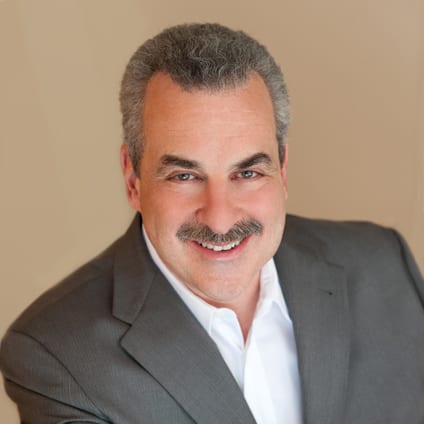Blog
Robin Williams and Depression
When someone like Robin Williams takes his own life, it’s a stunning reminder of how powerful emotional anguish can be. It’s a reminder that profound emotional pain can occur in the talented, the successful, the admired, the well-loved. And it’s a reminder of how difficult it can be to reach someone struggling with depression—especially someone who thinks you don’t want to hear about it.
Williams spoke openly about his substance abuse problems; less openly about his emotional struggles. He talked with interviewers about cocaine and alcohol repeatedly, he did comic riffs on his outrageous behavior when he was on a bender. But when Terry Gross asked him, after a stint in rehab, if he had ever been diagnosed with depression or bipolar disorder, he said, “No. I get bummed, like I think a lot of us do at certain times.”
In a a podcast interview with comic Marc Maron, who also wrestled with depression, Williams talked about how hard it can be for a comic to decide how far to go with an audience—how dark you can allow yourself to be. Let’s say you’re feeling insecure, maybe desperately insecure, he said, and you’re going with it, and you can tell the audience is with you, they’re feeling it. Then you cross some kind of line, you sense them going, “No, no, no. I don’t want to go there.”
I can’t help thinking that this is a good description of the way you feel when you suffer from depression—you sense that you’re testing the limit all the time, at risk of crossing the line of what people around you are comfortable hearing. You worry about driving people away by being too negative. There’s a very powerful voice telling you not to ruin the image people have of you by admitting how bad it is. That reticence is what we need to combat, by making it clear that we do want to hear, and we do want to help.
“Robin was as sweet a man as he was funny,” Jimmy Kimmel tweeted, but it’s what he wrote next that hits home: “If you’re sad, please tell someone.”
Or, as Williams’ friend Harvey Fierstein put it more colorfully on Twitter: “Please, people, do not fuck with depression. It’s merciless. All it wants is to get you in a room alone and kill you.”
We can only guess that Williams was not silent with those close to him about the pain that drove him to take his own life. He was in addiction treatment just last month; his wife and management team acknowledge that he was struggling with depression. His death, after so many years of struggle, and so many years of sobriety, reminds us of Philip Seymour Hoffman, who died of a heroin overdose earlier this year after a similarly long clean streak. His chronic illness appears to have caught up with him.
We worry particularly, in moments like this, about teenagers, who take their lives in truly alarming numbers, and often—especially among young men—without giving a hint to the people who love them that they are miserable. We need to get the message to them that talking about depression won’t make us think less of them, and that support and help can make a difference.
I am reminded of this TED talk by Kevin Breel, a young comic who recalls coming very close to taking his life as a teenager. He was living two different lives, he says, one as a popular and successful high school student and stand-up comic, the other as a depressed and suicidal person. The anguish was too powerful to ignore, but too powerful to admit, too. “I was afraid someone would see that beneath my big personality hid an even bigger big pain. ”
It was the difficulty of acknowledging his depression that drove him to obsess about ending his problems with a bottle of pills. “What you fear most is not the suffering inside of you,” Breel said, “it’s the stigma inside of others. It’s the shame, the embarrassment, the disapproving look on a friend’s face, the whispers in the hall that you’re weak, the comments that you’re crazy, so you hide it because the stigma around depression is real.”
That’s what we have to fight—to speak up, as Breel did, about depression, and to offer support to those we know are struggling.
Comedian Paul F. Tompkins brings it back to Robin Williams. “Perhaps the best tribute to him would be if we all reached out to the troubled people in our lives and let them know that we are here for them. Because Robin Williams was there for us.”

